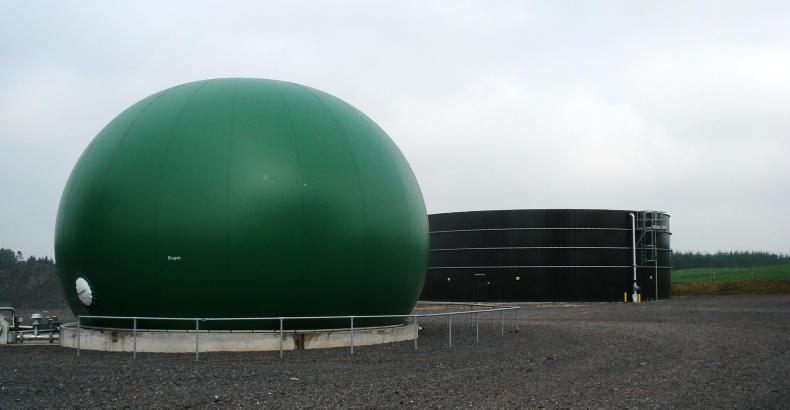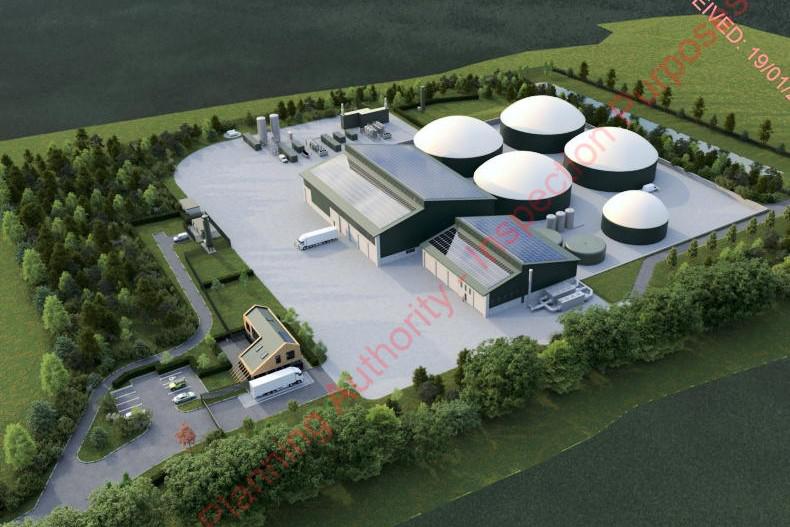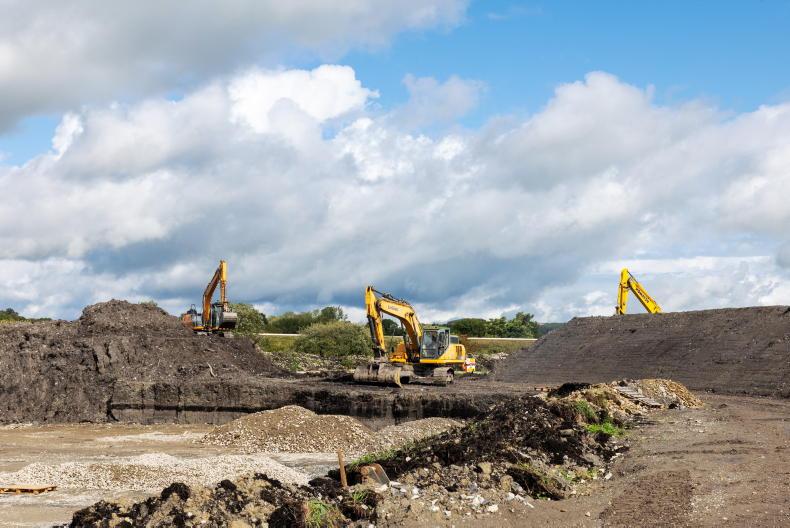Anaerobic digestion (AD) could help farmers deal with slurry constraints, Minister for Agriculture Michael Creed said in response to questions on overfilling tanks on two occasions in the past week.
With a new nitrates action programme now in place, Minister Creed told the Seanad: “I appreciate that the new requirements are much more onerous, but we have to move to an alternate view where farmyard manure and slurry will not be seen as a problem but as a resource.
“Part of it could be along the lines of anaerobic digestion because one is not losing nutrient value; one is creating energy and will still be left with the same nutrient value in the residue.”
He made the same argument when asked about the ongoing “slurry crisis” at the ICSA AGM, adding that energy generation would create additional income.
However, he acknowledged that anaerobic digesters are too expensive for most individual farmers and would have to be approached collectively.
Renewable energy
Asked about the current lack of support for farm-scale renewable energy generation, such as the absence of a feed-in tariff to sell electricity to the grid, he said: “If possible, it should be assisted.”
While anaerobic digestion does not reduce the volume of effluent to be spread, it creates a buffer industry where slurry could be stored and processed before coming back to farms for spreading.
Current Government plans have pushed back support for most forms of farm-scale electricity generation to later phases of upcoming renewable energy support schemes.
Read more
Land competition between biogas plants and farmers
Creed wants 'targeted' ANC increase
Anaerobic digestion (AD) could help farmers deal with slurry constraints, Minister for Agriculture Michael Creed said in response to questions on overfilling tanks on two occasions in the past week.
With a new nitrates action programme now in place, Minister Creed told the Seanad: “I appreciate that the new requirements are much more onerous, but we have to move to an alternate view where farmyard manure and slurry will not be seen as a problem but as a resource.
“Part of it could be along the lines of anaerobic digestion because one is not losing nutrient value; one is creating energy and will still be left with the same nutrient value in the residue.”
He made the same argument when asked about the ongoing “slurry crisis” at the ICSA AGM, adding that energy generation would create additional income.
However, he acknowledged that anaerobic digesters are too expensive for most individual farmers and would have to be approached collectively.
Renewable energy
Asked about the current lack of support for farm-scale renewable energy generation, such as the absence of a feed-in tariff to sell electricity to the grid, he said: “If possible, it should be assisted.”
While anaerobic digestion does not reduce the volume of effluent to be spread, it creates a buffer industry where slurry could be stored and processed before coming back to farms for spreading.
Current Government plans have pushed back support for most forms of farm-scale electricity generation to later phases of upcoming renewable energy support schemes.
Read more
Land competition between biogas plants and farmers
Creed wants 'targeted' ANC increase










SHARING OPTIONS